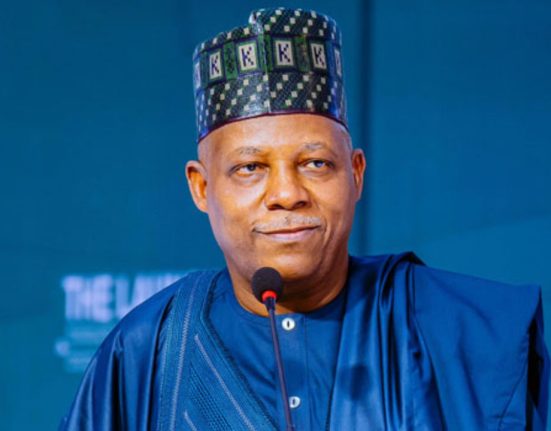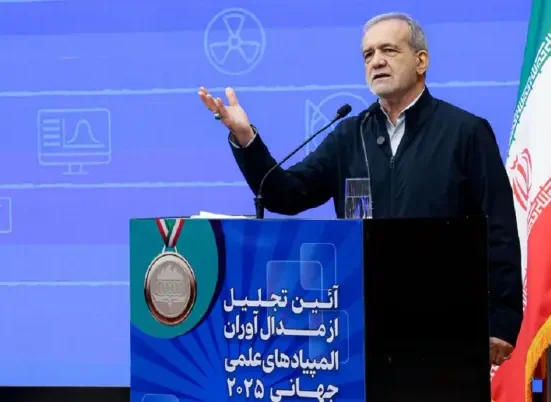The Federal Government of Nigeria has taken a bold step toward transforming the nation’s higher education landscape by signing a Memorandum of Understanding (MoU) with the Rural Electrification Agency (REA) to ensure round-the-clock electricity supply in federal and state-owned tertiary institutions.
The landmark agreement, signed on Wednesday at the University of Abuja, is a key component of the Energising Education Programme (EEP) – a nationwide initiative that seeks to deliver sustainable and uninterrupted power to academic institutions across the country using clean energy solutions.
Speaking at the signing ceremony, Minister of State for Education, Dr. Yusuf Tanko Sununu, noted that the MoU is part of President Bola Ahmed Tinubu’s Renewed Hope Agenda, aimed at improving access to quality education through critical infrastructure development. He described electricity as an essential pillar for research, innovation, and effective teaching and learning in Nigerian universities, polytechnics, and colleges of education.
“This partnership represents our unwavering commitment to ensuring that our tertiary institutions become centres of excellence, with the right facilities to support academic productivity, innovation, and competitiveness,” Dr. Sununu stated. “With 24-hour power, students can study at any time, and laboratories, libraries, and ICT centres will function optimally.”
Also speaking, the Managing Director/CEO of the REA, Ahmad Salihijo Ahmad, highlighted the achievements of the first three phases of the Energising Education Programme, which have already delivered solar-powered electricity to 24 federal universities and teaching hospitals. He confirmed that over 100 megawatts of clean energy capacity have been deployed, benefiting more than 600,000 students and 50,000 academic and non-academic staff.
Under the newly signed MoU, the fourth phase of the programme will extend to eight additional universities, including the University of Lagos (UNILAG), Obafemi Awolowo University (OAU), University of Nigeria Nsukka (UNN), Ahmadu Bello University (ABU), University of Benin (UNIBEN), Federal University Wukari, Federal University Dutse, and the University of Ibadan (UI).
Dr. Sununu also revealed that the Tertiary Education Trust Fund (TETFund) will support the construction of up to six new independent mini-grid systems, ranging from 2 to 10 megawatts, in select federal universities across the country. He added that these projects will reduce operational costs for institutions, cut dependence on fossil fuels, and contribute to Nigeria’s climate resilience goals.
Acting Vice Chancellor of the University of Abuja, Professor Patricia Manko Lar, expressed appreciation to the government for what she described as a “game-changer” in the academic sector. She noted that the initiative will drastically reduce reliance on diesel-powered generators and enhance the academic environment for both students and faculty.
“This project is not only about power; it’s about unlocking potential. It’s about enabling students to read without interruption and conduct research without worrying about outages,” she said.
The signing of the MoU marks a pivotal moment for Nigeria’s tertiary education system, with stakeholders optimistic that stable electricity supply will spur innovation, reduce dropout rates, and elevate the global competitiveness of Nigerian institutions.







